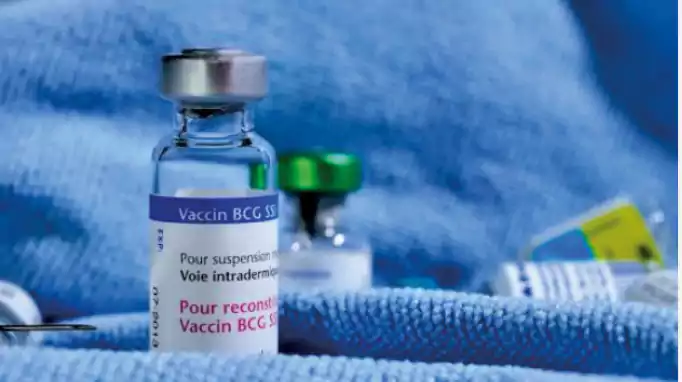Tuberculosis (TB), which kills one person every 20 seconds, is a forgotten pandemic. About a quarter of the world’s population has been infected with the bacterium Mycobacterium tuberculosis. Most will never know, as they are asymptomatic. But these latent infections go on to sicken about one person in ten. And even though tb is treatable, around 1.6m people each year, mostly in poor countries, nonetheless die from it.
A 100-year-old vaccine, the bcg, has helped, but it is only partially effective. On June 28th two of the world’s wealthiest charities, the Bill & Melinda Gates Foundation and Wellcome, said they would fund a late-stage trial of a new tb vaccine known as m72. That will cost $550m, of which the Gates Foundation will contribute $400m, making it the charity’s biggest ever investment in a single product.
M72 is a “sub-unit” vaccine. Rather than a dead or weakened form of the bacterium itself, it contains two proteins found on the bug’s surface. gsk, a big pharmaceutical firm, acquired it from Corixa, an American company, in 2005. Early trials, the results of which were published in 2019, concluded that it was about 50% effective in preventing tb in the lungs of those with a latent infection—a group in which no other vaccine has worked. But gsk decided developing the vaccine further would not be commercially viable.
That is where the charities come in. The Foundation will not only pay for most of the bigger trial that is required before the vaccine can be approved by regulators, it will also sort out the logistics. It has identified a dozen sites in Africa and Asia where rates of latent tb infection are unusually high, between 40% and 60%. Testing here will allow scientists to see more quickly whether the vaccine prevents the emergence of active tb. But the trials will still take four to six years, says Trevor Mundel, president of global health at the Foundation. That is one reason for the high cost; others include the number of participants required—around 26,000—and the expense of setting up laboratories.
If the new jab really is 50% effective, it could save 8.5m lives, and prevent 76m cases of tb, over the next 25 years. It could also avert 42m courses of antibiotic treatment, which might slow the rate at which tb is evolving resistance to such drugs.










